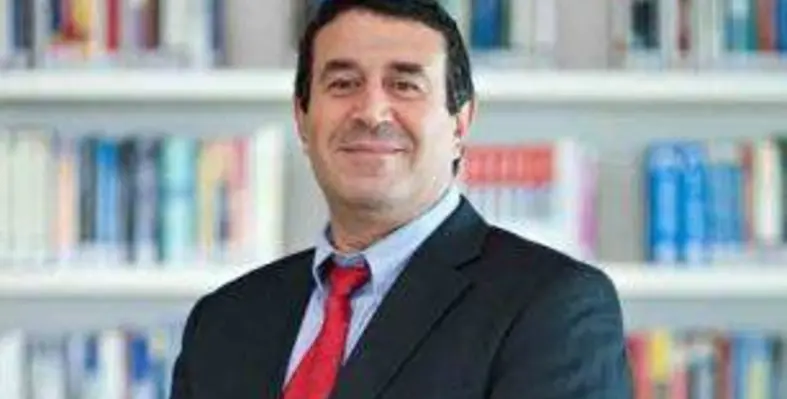With the UAE?s high water consumption, population growth and increasing demand for irrigation water comes a great need for innovation in water technology to conserve resources and enhance water production, experts have urged ahead of the upcoming International Water Summit (IWS)
?The average water consumption in the UAE exceeds 350 litres per capita per day and is much higher than other developed countries. The country?s population has grown seven fold between 1974 and 2008, and at the same time the agricultural land in the country has grown 12-fold. The combination of these factors makes it crucial that we continue developing advanced technologies that will enable us to meet our growing water needs,? said Taha Ouarda, head of Institute for Water and Environment (iWater) and professor of Water and Environmental Engineering at Masdar Institute.
Explaining the hydro-climatic relationship between water and climate, Ouarda said that the UAE climate is affected by a number of climate oscillation indices ? changes in climatic systems. This results in high climatic variability with some years characterised by high temperatures and minimal precipitation, which in turn, has a significant implication on water supply.
?Higher temperatures result in increased evaporation from the Gulf and, therefore, increased water salinity, which then leads to less efficient performance of desalination plants, since more energy will be required to produce the same amount of water.
?Meanwhile, less rain translates into the availability of less fresh water reserves in our reservoirs (the UAE has more than 130 dams), and hence less groundwater recharge. So in terms of the overall water supply chain in the Gulf, everything gets affected,? he added.
Although the numbers fluctuate year-on-year, it is estimated that groundwater provides about half of the UAE?s water demand, desalinated water supplies provide 37 per cent, reclaimed water provides 12 per cent and freshwater the remaining one per cent.
Hydro-climatic modelling, in which the application of various techniques is used to estimate the fluctuating resources and optimise water management in response to changing climate conditions, plays a pivotal role in achieving water sustainability, Ouarda noted.
Optimising water production and use, managing floods in times of extreme weather conditions, and understanding the impact of climate change on water resources in the region are among the topics Ouarda will be covering during his presentation at IWS on January 21.
IWS, hosted by Masdar and held in strategic partnership with the Abu Dhabi Water and Electricity Authority, takes place from 18-21 January at the Abu Dhabi National Exhibition Centre.








